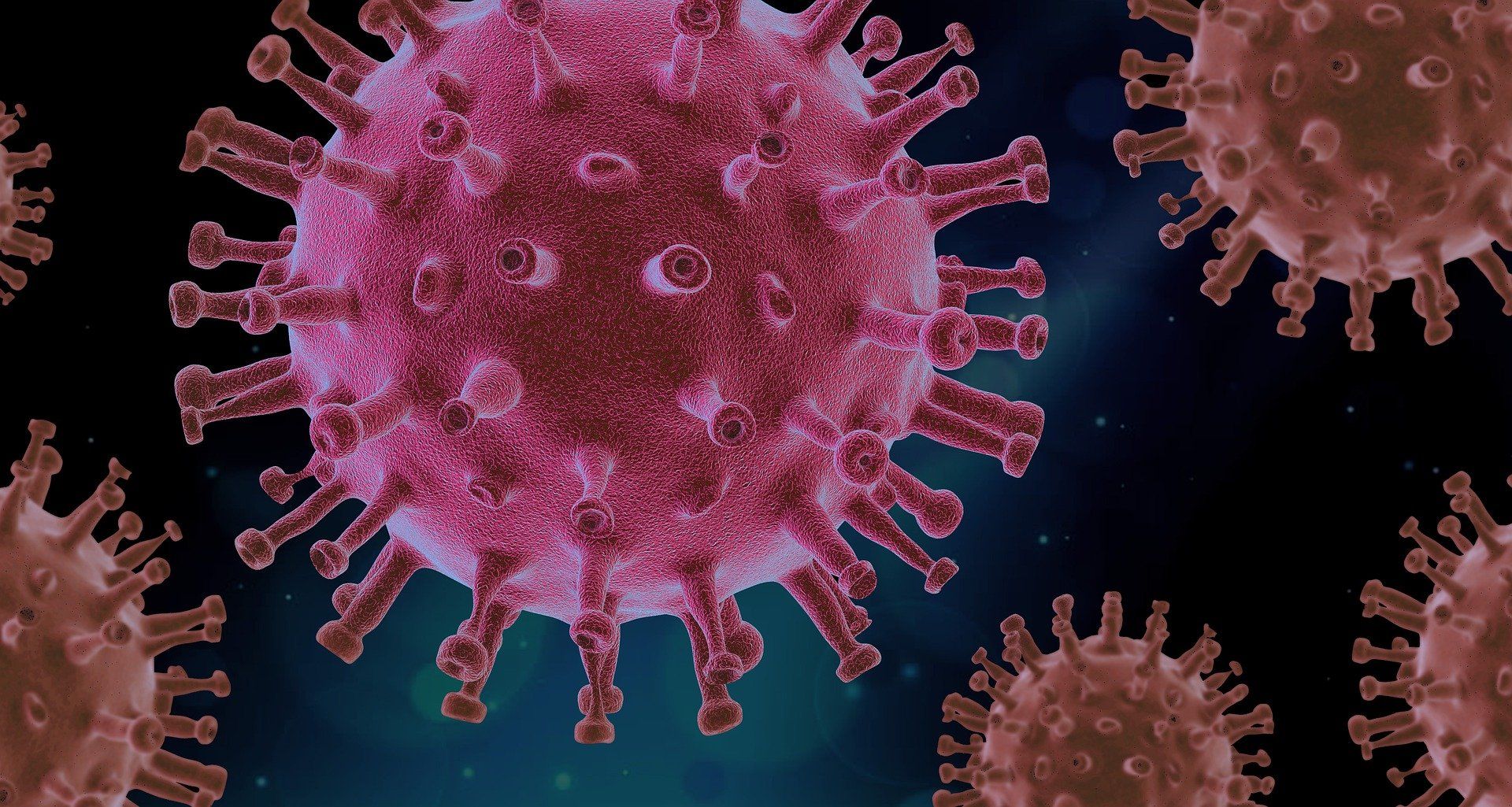The omicron variant has made its presence felt across the world, and even as countries are struggling to curb its spread, several nations have opted against a complete lockdown. With the inevitable pressure this will put on healthcare systems, especially when it comes to detecting infections in a timely manner, research has suggested that a sore throat is the first symptom one feels when they get infected.
This can be a good indicator even before a COVID test comes back positive. Hence experts have warned those showing this symptom to stay at home and get tested. Further, medical experts have also highlighted that there are other symptoms that indicate a milder omicron infection in individuals.
Also Read | Beijing to test 2 million people for COVID-19 ahead of Winter Olympics
Dr Allison Arwady, the Commissioner of the Chicago Department of Public Health, also spoke to this effect, saying, “Even if it’s a sore throat, no matter what it is. I’ve told my own staff this, it’s what I do myself… if you are sick, even a little bit sick, stay home. More true than ever right now because sick, even a little bit sick, until proven otherwise with a test — that’s COVID. That’s how we treat it, that’s how you should treat it.”
Other commonly felt symptoms for COVID-19 infections include runny nose, fever, headache, a loss of smell and appetite. There have been some reports of earache as a symptom among people contracting the coronavirus infection, especially in vaccinated individuals.
Also Read | New Zealand PM Jacinda Ardern calls off her own wedding amid COVID restrictions
With cases still rising, amid more relaxed restrictions, governments are advising people to remain sensible, ensure that their households are vaccinated, including taking the booster, as per eligibility. Moreover, in the event of displaying symptoms, experts suggest it is best to self-isolate straight away and get tested.
Also Read | India: 40-day-old baby girl fighting COVID becomes youngest to test positive
That said, studies until now have shown that the omicron variant is not as severe as the previous delta variant, which knocked the breath out of countries like India – quite literally – as there was a desperate scramble for oxygen. Hospitalization rates due to omicron infections have also been recorded to be significantly lower.







